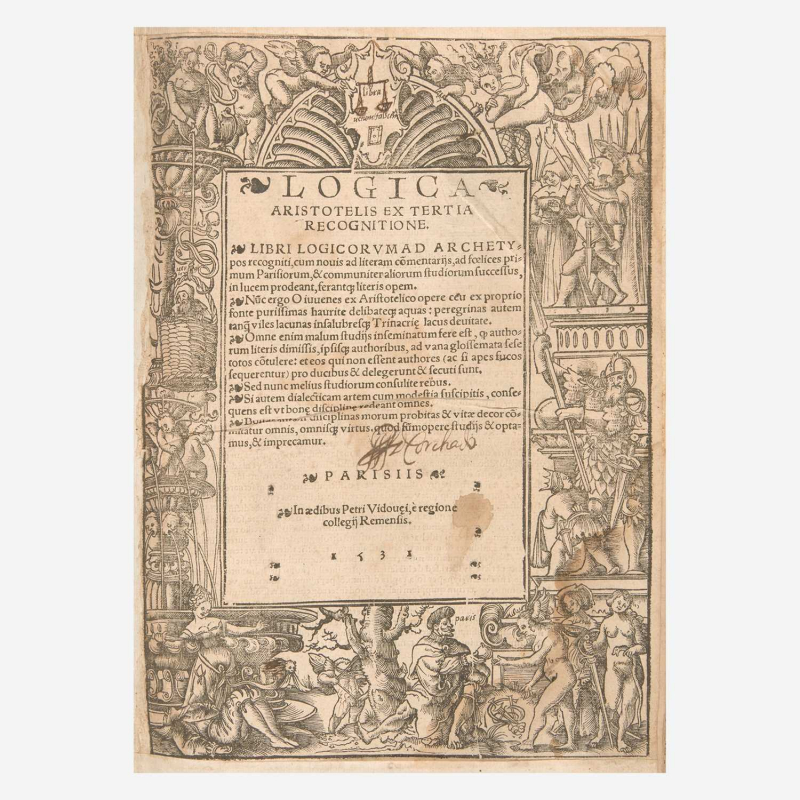Invented the Logic of the Categorical Syllogism
A syllogism is a type of logic in which a conclusion is drawn from two premises. There is usually a common or middle word that connects these premises, but the decision lacks this binding term. Aristotle created the method of logical reasoning, likely the key to all his notable accomplishments. He was the first to develop a simple and reasonable method for concluding the available propositions. These assertions or premises were either given as truths or were only accepted as presumptions. For example, Socrates was a male. Men are all mortal. The conclusion from these two premises is that "Socrates is mortal."
Finding reasoning based on a premise and an inference that shares a characteristic with the given proposition follows a very simple logic. Aristotle's theory of syllogism had an unequaled impact on the development of Western logic and reasoning due to its logical simplicity and ease of usage. However, in the post-Renaissance era that preceded the modern era, humans developed logical strategies that relied less on the uncertainty of implausible premises and more on mathematical deductions, which were far more precise. However, the categorical syllogism theory developed by Aristotle has grown to become much more than simple historical curiosity.














